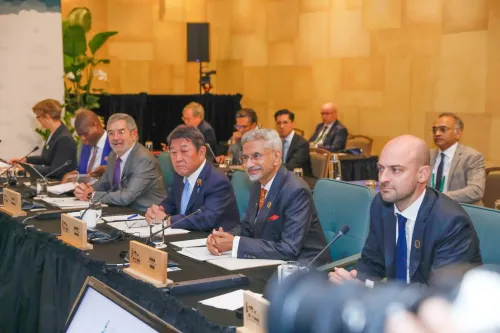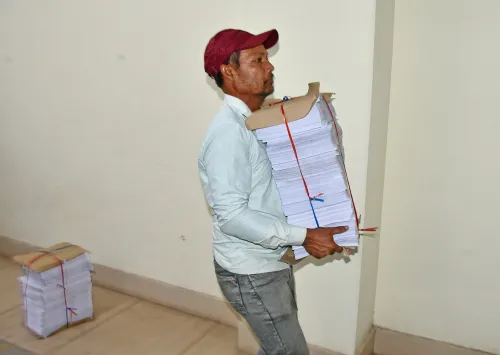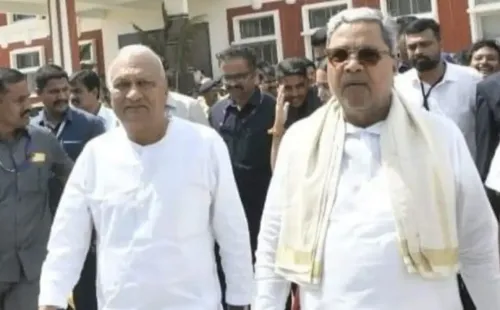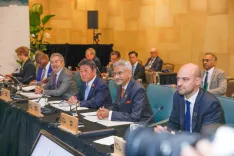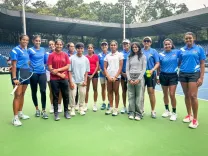Did MP CM Distribute Job Letters to 815 Tribal Youths as 'Special Auxiliary Force' in Naxal-Hit Districts?
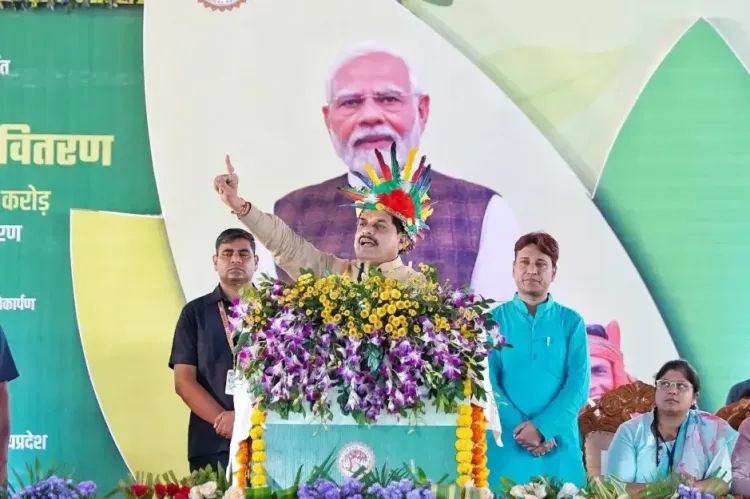
Synopsis
Key Takeaways
- 815 tribal youths appointed to the 'Special Auxiliary Force'.
- Initiative aims to combat Naxalism effectively.
- Support from local communities is crucial for success.
- Significant funding transferred to farmers for development.
- CM emphasizes the role of farmers in national prosperity.
Balaghat (Madhya Pradesh), Sep 24 (NationPress) In a significant move, Madhya Pradesh Chief Minister Mohan Yadav on Wednesday presented employment letters to 815 tribal youths selected as part of the 'Special Auxiliary Force' aimed at combating Maoists in the state’s Naxal-affected districts.
This initiative is aligned with the Madhya Pradesh government’s strategy to establish a special auxiliary force dedicated to surveilling Maoist activities in three districts severely impacted by Left-wing extremism: Balaghat, Mandla, and Dindori.
The appointment letters were distributed during an official event held in Balaghat, where Yadav also inaugurated and laid the foundation for 75 development projects totaling Rs 244 crore.
A proposal was approved by the state Cabinet in June to recruit 850 village-level personnel for the 'Special Auxiliary Force' in areas plagued by Naxalism, enhancing community vigilance and supporting security forces. The force will operate for a duration of one year.
According to reports, the recruited personnel will monitor Maoists in their designated areas, contributing to the central government's vision of eradicating Naxalism by 2026.
During the event, the Chief Minister also transferred a bonus of Rs 337.12 crore directly to the bank accounts of 6.69 lakh farmers and announced additional development initiatives.
In his address, Yadav emphasized that the financial stability of farmers forms the bedrock of progress, stating, “The prosperity of farmers who feed the nation is the prosperity of all.”
The Chief Minister also took the opportunity to criticize the opposition Congress for claiming that the BJP government has applied a 0% GST on beef. He responded firmly, asserting, “Congress has always maintained close ties with cow smugglers and cannot lecture the BJP on this issue.”
The controversy was sparked when Madhya Pradesh Congress chief Jitu Patwari accused the BJP government on Tuesday of abolishing all GST on beef, questioning their commitment to safeguarding cows while allegedly promoting the beef trade.

